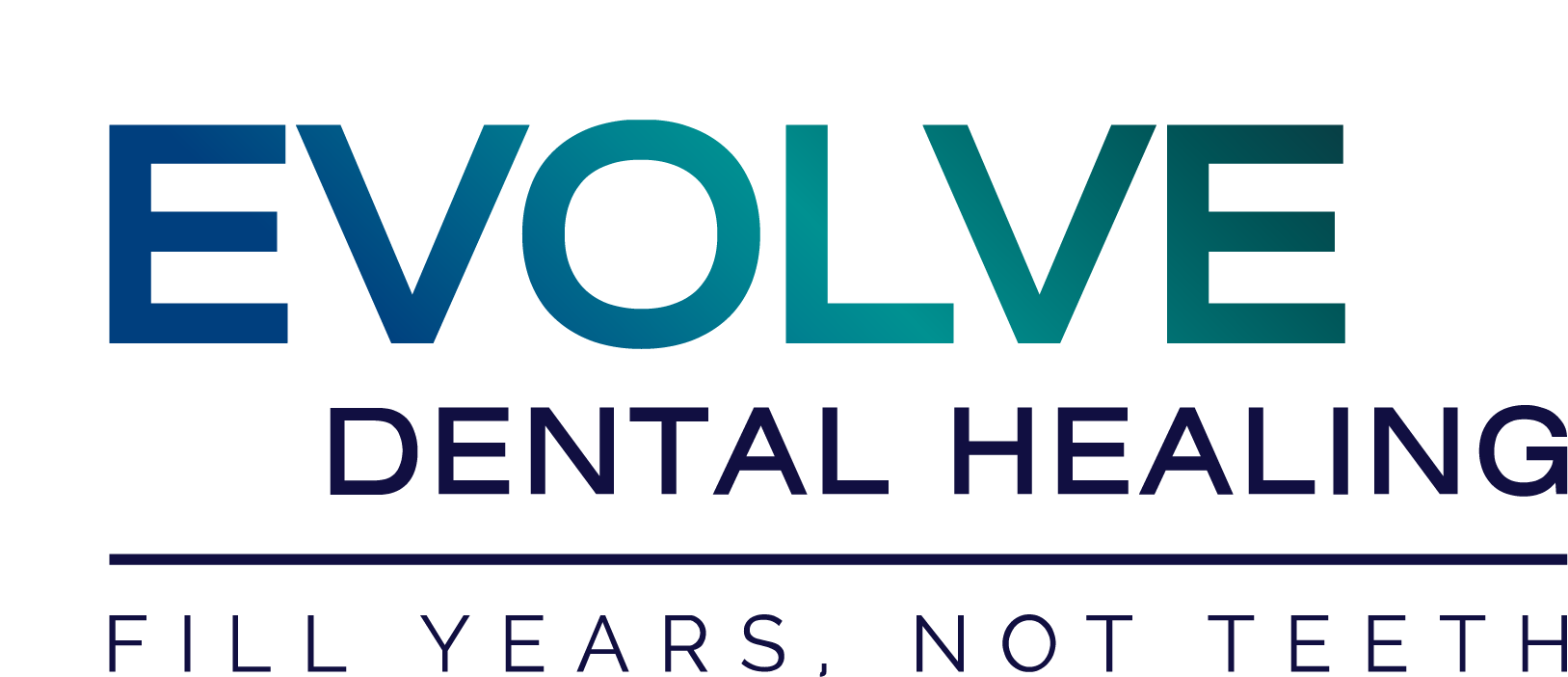Calcium

The Importance of Calcium For Dental Health
Calcium is essential for: maintaining total body health, normal growth and development, keeping your bones and teeth strong over your lifetime (they contain 99% of the body’s calcium, the remaining 1% is in blood), ensuring the proper functioning of muscles and nerves, keeping the heart beating, helping blood clotting, regulating blood pressure, metabolising iron, the action of a number of hormones (particularly those associated with the thyroid and parathyroid glands), cell structure and absorbing vitamin B12.
Calcium can also prevent muscle or leg cramps in some people.
What are the symptoms and signs of calcium deficiency?
Some of the indications of calcium deficiencies include skeletal abnormalities, such as osteopenia, osteomalacia, osteoporosis and rickets.
Osteomalacia is a failure to mineralize the bone matrix, resulting in a reduction of the mineral content of the bone. In children, osteomalacia is known as rickets. When children have rickets, their bones become soft and flexible, bending in ways normal bones would not. Features of rickets include bowed legs, beaded ribs, large forehead, sunken chest, protruding chest and hyperextendable joints.
Osteopenia is the presence of less than a normal amount of bone. Osteopenia, if not treated, may result in osteoporosis.
Osteopenia and Osteoporosis
Osteoporosis occurs when the composition of the bone is normal, but the mass is so reduced that the skeleton loses its strength and becomes unable to perform its supporting role in the body. In this case, fractures may occur due to minor falls and bumps, or bones may even break under their own weight. People with osteoporosis may have a hump in their backs, scoliosis (curvature of the spine), kyphosis (rounded shoulders) or lose height. These conditions may be caused by the buckling of their weakened spines, no longer being strong enough to hold the body upright.
The bones act as a reservoir for calcium. When the amount of calcium in the blood supply dips too low, calcium is borrowed from the bones. It is returned to the bones from calcium supplied through the diet. When diets are low in the mineral, there may not be sufficient amounts available to be returned to the bones. Over time, this net loss can lead to osteopenia or osteoporosis.
Other symptoms of calcium deficiency include insomnia, tetany (muscles spasms), premenstrual cramps and hypertension (high blood pressure).
Low calcium intakes have also been linked to premature births and some forms of cancer, including colon and breast cancer.
Calcium Absorption
Factors that facilitate the absorption of calcium include: vitamin D and Vitamin K, sufficient hydrochloric acid in the stomach, small amounts of fat (high fat reduces the availability of calcium), exercise magnesium and hormones, including the parathyroid and oestrogen hormones.
There are a number of things which work against the absorption of calcium. These include poor absorption of foods such as in the following conditions: pancreatic insufficiency, celiac disease, other food allergies and chronic intestinal infections and infestations (such as worms). Consumption of soft drinks, high fibre diets, coffee, excessive amounts of fat, sugar, salt and alcohol.
Food sources
Some of the main sources of calcium western diets are dairy products. It has been estimated that as much as 75% of the calcium consumed in the U.S. comes from these sources. However, many people in the world are unable to digest milk and other dairy products properly so even though dairy may contain calcium it is not readily absorbed into the body (milk dairy and calcium). There is a number of other options for getting calcium in the diet, calcium which is easily digestible and absorbed into the body. These include:
- legumes,
- leafy green vegetables,
- tofu, nuts, seeds,
- peas and lentils
- foods where the bones are consumed, such as sardines and salmon.
- seaweed
Supplements
It is recommended that calcium is taken in a good multi-mineral supplement. However, I do not recommend routine calcium supplementation as adequate calcium can be obtained from healthy food choices. The emphasis on the prevention of osteoporosis should move to avoid substances which decrease bone density and way from calcium supplementation. If calcium supplementation is necessary there are several mandatory guidelines to keep it safe:
- Never take more than 500mg per day.
- It should always be combined with the same amount of magnesium. Magnesium keeps calcium dissolved in the blood and prevents it from being deposited in tissues.
- If osteoporosis has already occurred, vitamin K2 should also be added which strengthens bones but also keeps calcium out of arterial walls.
Cautions
Do not take calcium supplements if you have: allergies to calcium or antacids, high blood-calcium levels, or sarcoidosis.
Consult your doctor if you have kidney disease, chronic constipation, colitis, diarrhoea, stomach or intestinal bleeding, irregular heartbeat, or heart problems or high blood pressure for which you are taking a calcium channel blocker.
Signs of calcium toxicity
As with many vitamins and minerals, too much, as well as too little of calcium in the diet, is not desirable. Excessively high intakes of calcium can interfere with the absorption of zinc, magnesium, iron, phosphorus and other nutrients. An increased intake of calcium in the diet increases requirements for magnesium, another mineral important for bone health.
It has been suggested that the recent trend towards fortifying foods with extra calcium, increasing calcium but not magnesium intakes, has caused a nationwide imbalance in optimal calcium to magnesium ratios. Research studies have shown that animals fed diets deficient in magnesium develop skeletal abnormalities, including osteoporosis. When calcium in the body is too high compared to magnesium, excess calcium may be deposited in the soft tissues. This may result in calcium deposits in places such as the kidneys, the arteries and the heart.
-
Dr. Rachel Hall
Rachel is the founder and principal dentist at Evolve Dental Healing with over 30 years experience, practising holistically since 2001. Not your typical dentist, Rachel is a passionate opinion leader, challenging convention to empower people to make better dental and health choices, helping thousands to have healthy natural smiles. A respected writer and presenter on holistic dentistry, health and wellness it is Rachel’s mission to revolutionise the way people look at their dental health.
Talk to us for more details and information
CONTACT US
67 Kenmore Road
Kenmore Queensland 4069
Phone: 07 3720 1811
Fax: 07 3720 1899
Email: info@evolvedental.com.au
OPENING HOURS
Monday – Friday: 7:30am – 5:30pm
References and Citations Mercury & Amalgam Fillings




